
Members of the family who died in their attempt to cross the Channel
France is resisting a British offer of an aerial surveillance plane to help stop migrants setting sail from its beaches as senior Government officials from both countries held talks on Thursday aimed at preventing a repeat of this week’s deaths at sea.
Authorities in France are understood to be concerned about allowing a plane under British command to operate within its airspace, although it has accepted British drones to help mount aerial surveillance of up to 90 miles of beaches in northern France.
Dan O’Mahoney, the UK’s Clandestine Channel Threat Commander, met Ann Cornet, the prefet in charge of the region, to discuss ways in which tracking and intelligence on traffickers and hundreds of migrants camped around Calais and Dunkirk could be improved.
It follows the deaths of Rasoul Iran-Nejad and his wife Shiva Mohammad Panahi, both 35, and their children Anita, nine, and Armin, six, aboard an overcrowded migrant boat which sank off the Dunkirk coast on Tuesday. Their 15-month-old son Artin is missing, presumed dead.
On Thursday, relatives of the "extremely kind" Kurdish-Iranian family revealed that they face a bill of more than £90,000 to bring their bodies home.

Pictures of the family circulated on social media
A Government source said Thursday’s talks were about "stopping them getting into the water", adding: "By the point they are in the water, it is much harder. It is about greater sharing and use of intelligence, more patrols, more gendarmes, more aerial surveillance and better planning."
Mr O’Mahoney, a former Royal Marine, told MPs last month that increased aerial surveillance was critical, saying: "It would effectively help them [the French] to get their officers to the right place at the right time and stop people from leaving the beaches. That would be a step change in our ability."
Britain is also offering a state of the art Tekever AR5 drone which can remain airborne for 20 hours and cover swathes of land and sea with its cameras and radar at speeds of 60 mph. It has already helped track and capture a gang of traffickers crossing the Channel.
The UK is also continuing to put pressure on France to agree to "disruptive" tactics to use nets to block the propellers of migrant boats so that they can be boarded and returned to France.
Priti Patel, the Home Secretary, Tory MPs and Border Force officials believe such tactics to effectively make the route unviable are the only way to stop trafficking, but France remains opposed over safety concerns and fears that the measures would breach maritime laws which put protection of life first.
A Government source said: "People argue that it is dangerous, but people are dying now. You have to have reassured yourself that you have done everything you can."
A cousin of Mr Iran-Nejad said his relatives in Iran were "devastated". The family had sold their house before leaving Iran and paid £14,000 to get on the boat, with a further £8,200 supposed to have been due when they arrived safely in the UK.
Mr Iran-Nejad was the eldest of five brothers who still live in Iran, along with his parents, and was the first in the family to want to come to the UK. "His only hope of coming to the UK was for a better future for the children," said his cousin.
The cousin issued a "plea for help" to the French government to assist with the £90,000 cost of returning the family’s bodies to Iran.








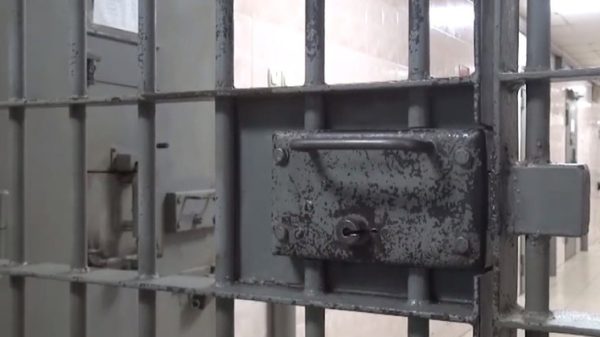
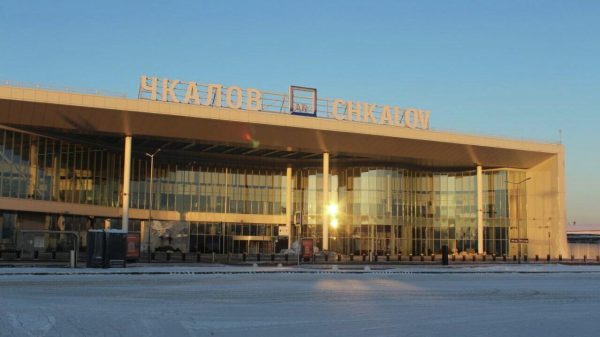
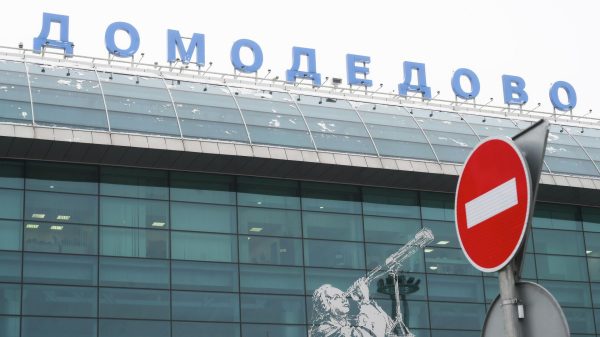







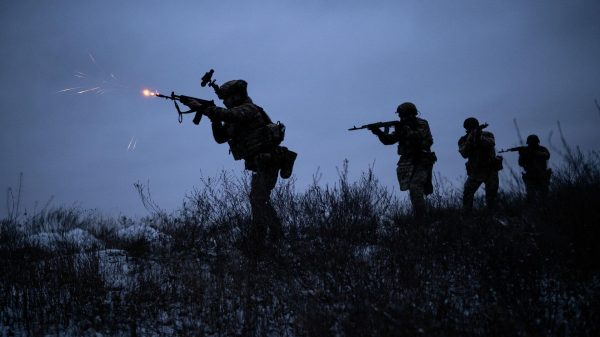

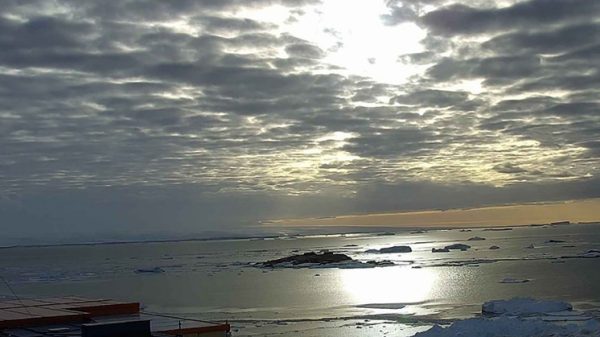












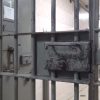

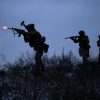
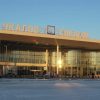
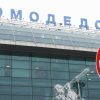
















Свежие комментарии